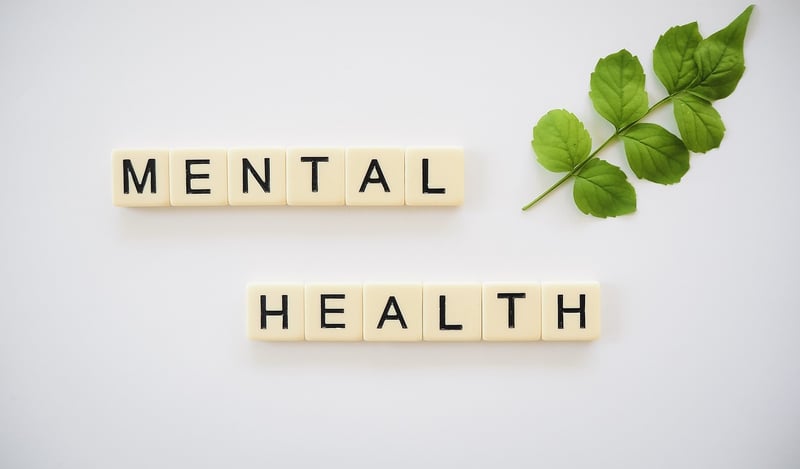Intuitive Eating
The Connection Between Mental and Physical Health

Our mental and physical health are deeply interconnected, with each influencing the other in profound ways. When we take care of our mental well-being, our physical health often improves, and vice versa. It's essential to recognize and nurture this connection for overall wellness.
Effects of Mental Health on Physical Well-being
Stress, anxiety, and depression can manifest physically, leading to symptoms like headaches, muscle tension, and fatigue. Chronic mental health issues can also weaken the immune system, making individuals more susceptible to illnesses.
Effects of Physical Health on Mental Well-being
Physical activity can boost mood and reduce symptoms of anxiety and depression. Eating a balanced diet rich in nutrients can support brain function and positively impact mental health. Additionally, getting enough sleep is crucial for cognitive function and emotional well-being.
Intuitive Eating: Listening to Your Body

Intuitive eating is a practice that involves listening to your body's hunger and fullness cues to guide your eating habits. It focuses on eating when you're hungry and stopping when you're full, without strict rules or restrictions.
Key Principles of Intuitive Eating:
- Reject the diet mentality
- Honor your hunger
- Make peace with food
- Challenge the food police
- Discover the satisfaction factor
- Respect your fullness
- Honor your feelings without using food
- Respect your body
By practicing intuitive eating, individuals can develop a healthier relationship with food, improve their mental well-being, and foster a positive body image.
Remember, taking care of your mental and physical health is a holistic approach that benefits all aspects of your well-being. Listen to your body, prioritize self-care, and seek support when needed to achieve a balanced and healthy lifestyle.
